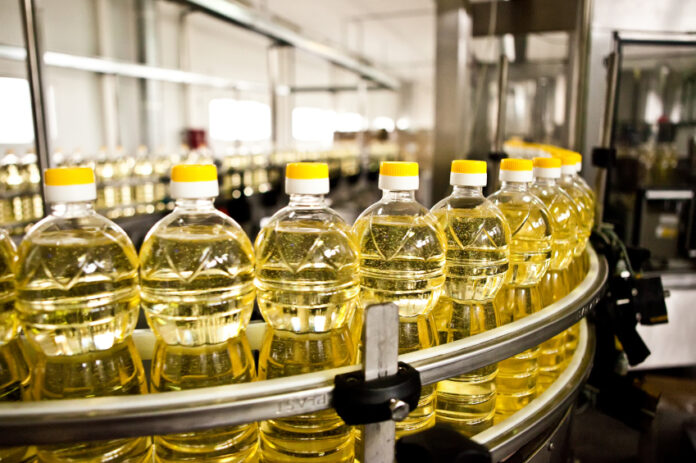Edible oil manufacturers have called for significant tax reforms, including a reduction in the duty on Crude Palm Oil (CPO), the abolition of section 8B of the Sales Tax Act, and an increase in taxes on commercial importers.
These measures aim to stimulate industrial growth and support the agricultural sector.
The industry imports over 3.2 million metric tonnes of palm oil annually and produces around 4.5 million metric tonnes of Banaspati and cooking oil to fulfil domestic demand.
The sector’s annual turnover surpasses Rs2,400 billion, contributing up to Rs550 billion in duties, taxes, and levies, as reported by The Express Tribune.
Atif Ikram Sheikh, President of the Federation of Pakistan Chambers of Commerce and Industry (FPCCI) and former chairman of the Pakistan Vanaspati Manufacturers Association (PVMA) criticized section 8B of the Sales Tax Act 1990 for creating a 10% tax differential that disadvantages industrialists compared to commercial importers, suggesting that it hampers cash flow and industrial growth.
Sheikh proposed that commercial importers should face higher tariffs than industries to support local manufacturers. He also advocated for reducing the duty on CPO to revive closed refineries and encourage industrial expansion.
Additionally, Sheikh discussed efforts to develop oil palm plantations in the country, noting past challenges with yield due to weather conditions.
KK Group of Industries CEO Khalid Islam Sheikh suggested adjusting tax rates for commercial importers could benefit the local industry and encourage farmers to diversify crops beyond wheat, potentially reducing the import bill for seeds.
The industry relies on domestic cottonseed oil to meet a significant portion of local demand during a two-month season. This indicates the importance of supporting diverse oilseed cultivation for industry sustainability.





Watch, Read, and Explore with AniMixPlay – Your Trusted Partner for Anime and Manga!
Are you a devoted anime and manga enthusiast, seeking a seamless and english anime..